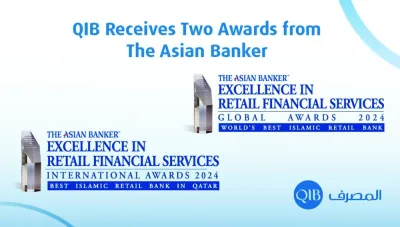As fears of a trade war challenge global economic growth over the next few years, the World Bank dispatched a clear message – trade is important to uplift the poor.
A full-blown trade war, the World Bank warns, will clearly hit global growth, because all countries will be escalating their tariff threats.
“Trade is critical, if we want to end extreme poverty. We are all concerned about abject poverty among people across the world. To end poverty, we need development, which is only possible through trade facilitation,” World Bank president Jim Yong Kim said in the Indonesian island of Bali recently.
Kim’s comments assume significance in the context of the rising US-China trade tensions and high levels of debt faced mainly by low income countries.
There are risks from trade growth going down and many low income countries becoming more indebted.
“We are worried about trade tensions… we are worried about the fact that many lower income countries have now gone into a level of indebtedness,” Kim said and added: “It is a troubling picture.”
Kim said the World Bank is working with developing countries to brace for a further deterioration.
“Trade is very critical because that is what has lifted people out of extreme poverty,” Kim said. “I am a globalist. That is my job. That is our only chance of ending extreme poverty. We need more trade not less trade,” he said.
Recently, the World Bank launched a “human capital index” to help rank countries by the level of their investments in such areas as education and healthcare.
Many leaders who attended the recent IMF / World Bank Group annual meetings in Bali expressed concern over the dramatic rise in the price of crude oil and turmoil in the currency markets of developing economies.
They include Indonesia’s President Joko Widodo who said, “The balance of powers and the alliances among major economies are breaking down. Weakness in co-ordination and co-operation has caused many problems.”
The World Bank has also warned that a wave of automation and artificial intelligence will eliminate many low-skilled jobs in coming years, making it harder for people with low levels of education and poor health to compete for work.
In the light of a deteriorating global trade landscape, the International Monetary Fund (IMF) downgraded its forecast for global economic growth to 3.7% this year from its earlier estimate of 3.9%.
It also issued reports last week on government finance and financial stability that warn of the risks of disruptions to world trade.
The World Bank / IMF Group annual financial meetings that took place in Bali, which is the most popular island holiday destination in the Indonesian archipelago, at a time of growing concern over trends other than trade, such as moves to raise borrowing costs in the US and some other regions to help cool growth and keep inflation in check.
Rising interest rates are drawing investment flows out of emerging markets in Asia and Latin America at a time when growth in their exports is likely to slow.



